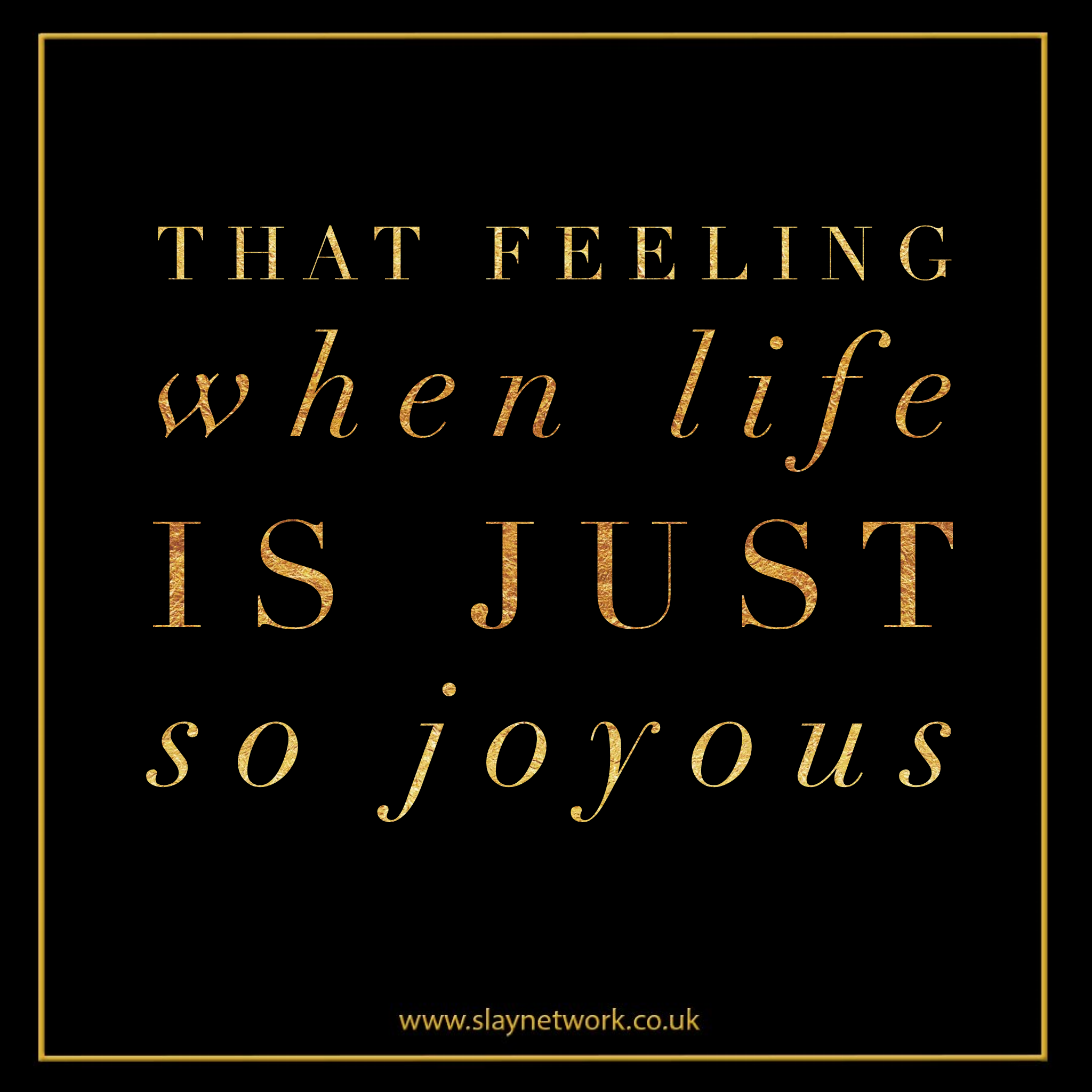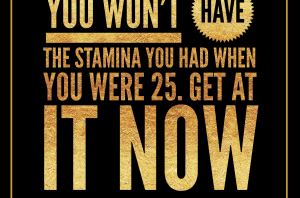I was on a Zoom call last week, a “distance social” of old friends, when one of my buddies confessed that he felt guilty about enjoying some of the measures many of us are taking to stop the spread of the new coronavirus.
“I know there are terrible things happening out there,” he said. But he couldn’t help finding some personal happiness in things like not having to commute, going for peaceful walks after work, and spending more time with his family. “I feel horrible saying that,” he added.
Even with growing numbers of sick people and death tallies skyrocketing, a portion of our society is, honestly, feeling okay during this pandemic. Or even more than okay. (Some of the time, anyway.) In my practice as a clinical psychologist, I’m mostly hearing about anxiety related to illness and the economy. But some of my clients have expressed giddiness—not about the many abysmal parts of this pandemic, of course, but about how they’ve changed aspects of their own lives in response to it. They even sometimes feel joy.
To be clear, feeling this way is something of a luxury. As my friend noted, he feels like he and his family are safe, and he’s not worried about getting sick. Not all of us are that lucky. Some of us are worried about getting sick or fear for loved ones who have the new coronavirus or are at an increased risk of getting serious complications from it (or all of the above). Many essential workers have to be out in the field, whether they’re grocery store employees, working in medicine, or fulfilling another role that benefits the rest of us. And a lot of people can’t afford to stay home right now and give up work in the face of so much economic uncertainty. There are plenty of other reasons it’s impossible for some people to see anything remotely positive about how life has changed right now, and that’s certainly valid. But even people in some difficult situations might find surprising bright sides too, like someone who might have lost their job due to the pandemic but is grateful to be able to stay at home as much as possible.
Even for those of us who are stumbling upon positive feelings right now, the emotions I’m talking about aren’t really manifesting as “I’m so glad this pandemic is ravaging the planet because I love my life right now.” It’s more: “The abject horror of this pandemic is so clear—how can I be happy with anything in my life when so many people are suffering?” The truth is that, as humans, our emotions are endlessly complex. There’s a huge range of “right” ways to feel about all of this.
Whatever you’re feeling right now is valid.
Fear, anxiety, sadness, grief, anger, and boredom are definitely the most common emotions I’m hearing about at this time. There’s so much pain and uncertainty coming across our news feeds that this all makes sense. But I keep hearing about positive emotions to the point that I want to let anyone who’s feeling guilty about that know they’re not alone. Here’s a sample of the less-than-terrible feelings I’m hearing from clients and colleagues:
Belonging: Those fortunate enough to be sheltering with people they enjoy might be feeling an extra sense of belonging right now. Even if you’re not in this exact situation, thanks to means of connection like Zoom calls, many people are finding a significant uptick in their social bonds even at a time of widespread social distancing. Some of my clients who have dealt with anxiety, depression, or chronic illness for years also report feeling more understood and included because nearly everyone is wrestling with some of the same challenges that can come from these conditions.
Comfort: Along with the inundation of negative news, there is also an outpouring of words of encouragement and kind gestures. Some of my clients are loving how so many friends and loved ones are reaching out and how celebrities are offering messages of hope. Many clients are also feeling deep gratitude for the health care workers and people in various service industries who are taking risks on their behalf.
Excitement: If you’re into politics, statistics, epidemiology, or disaster movies, you might feel an unexpected sense of excitement (and extra guilt about it). There’s so much happening on a historic level, with so much to learn and critique. If the new coronavirus hasn’t impacted you or anyone you know in a serious way, it might feel like all of this is happening from enough of an emotional distance that you can watch it unfold like some kind of surreal movie.
Joy: Being stuck at home can be heaven for the introverted crafters, home gardeners, tinkerers, and jigsaw puzzle enthusiasts who normally have to interact with others more than they’d like. If you thrive in a small world where you can focus on solitary hobbies, having an excuse to spend so much time at home can be your happy place.
Relief: One of my clients said these times remind her of showing up at school to find a substitute teacher is taking over what’s normally a rigorous class: You probably feel relieved because the expectations are lower and there’s less to do. This new coronavirus-induced relaxing of social rules gives some people permission to do things they found challenging before, like turning down plans, asking for help without worrying about seeming needy, and setting boundaries. It can feel like it’s easier to get a pass for some things than before.
So, yes, for some people, there are some potential bright spots in a dark and dismal time. But feeling even a little bit positive in the midst of so much awfulness can also make you feel just as much guilt.
It’s okay to feel some moments of happiness right now.
It doesn’t make you a monster. Actually, it can be really helpful. The new coronavirus pandemic unfortunately isn’t going anywhere anytime soon. We all have to figure out how to get through this in a way that’s emotionally sustainable over the long run. Finding moments of joy where you can might help you endure.
There’s also the fact that, even if you have to dig deep, you’ll probably notice that you don’t only feel okay (or even happy) right now. Having a lot of conflicting feelings is part of being human.
“We all have different parts [of ourselves] that feel different things and will polarize around times of crisis,” Richard C. Schwartz, Ph.D., a psychologist and founder of Internal Family Systems, tells SELF. Internal Family Systems is a therapy approach that looks at various “parts” of a person and their relationships with each other. Think of the Pixar movie Inside Out, in which all of the emotions are different characters, then add a few like your critical voice, your inner child, and your rebellious side.
As it turns out, Schwartz is also experiencing a range of emotions due to this pandemic. “Parts of me are thrilled to be off the road and able to rest and catch up and spend time with my wife,” he says. “At the same time, other parts are critical of me for feeling happy while so many others are suffering with this…. I have parts that feel I should be doing much more to help people and other parts that say I’m at risk—I turned 70 this year and have a history of asthma—and should never leave the house.”
According to Schwartz, it’s natural and even healthy to have mixed feelings right now. “Having [multiple] emotions about anything is expected and not something to feel guilty about,” he says.
So, instead of beating yourself up about any positive feelings you may have about how your life looks, Schwartz recommends trying to be curious about them. “Listen to each part separately, learn why it’s feeling the way it is. If you can do this, what you will hear will make some sense and you can extend acceptance and compassion to [yourself],” Schwartz says. “It just helps to know that it’s normal to have parts that have very different experiences.”
This kind of self-examination might rustle up some less-than-pleasant emotions if you realize positivity is masking more negative feelings, like fear or grief. While it can be a good thing to try to find upsides to a devastating situation where you can, that’s different from focusing on the good as a way of ignoring your other feelings. If you think you’re dealing with the latter more than the former, I’m going to gently urge you to try to process the more negative feelings when you think you’re ready. Focusing on bright spots as a way of avoiding tougher emotions is a distraction that can make distressing feelings even more overwhelming when you do eventually confront them.
“Rather than try to counter fear with positive feelings, I recommend that you focus on the fear,” Schwartz says. “You might be able to see that scared part and hold it in a comforting way. Too many people try to override or ignore their fear by focusing on other emotions like courage or [finding] ways to distract from it. This only makes the fearful part feel abandoned and more scared, and you have to work harder to keep it exiled.”
Here are some helpful tips for processing coronavirus-induced fear.
Feelings are nonnegotiable.
I have a saying I’ve used with my clients for years: Feelings are nonnegotiable. They aren’t right or wrong or good or bad. They just are. Behaviors can be constructive or destructive, but feelings aren’t a matter of choice. Whatever you feel at this bizarre time on our planet is fine.
If you’re surprised or even ashamed of some of the feelings you’re having, follow Schwartz’s advice and get inquisitive about the parts of you that feel a certain way, which may help you understand those emotions better and develop compassion for yourself.
And, in the end, remind yourself that you aren’t a bad person if part of you is enjoying some aspects of your new life a little (or a lot). You can be rigorous about behaviors like handwashing and disinfecting, but drop the judgment about what you feel. If you can find some joy in this time, consider that a gift, and try to be grateful for it.
What is Happiness
Money doesn’t buy happiness Really!
By Self





